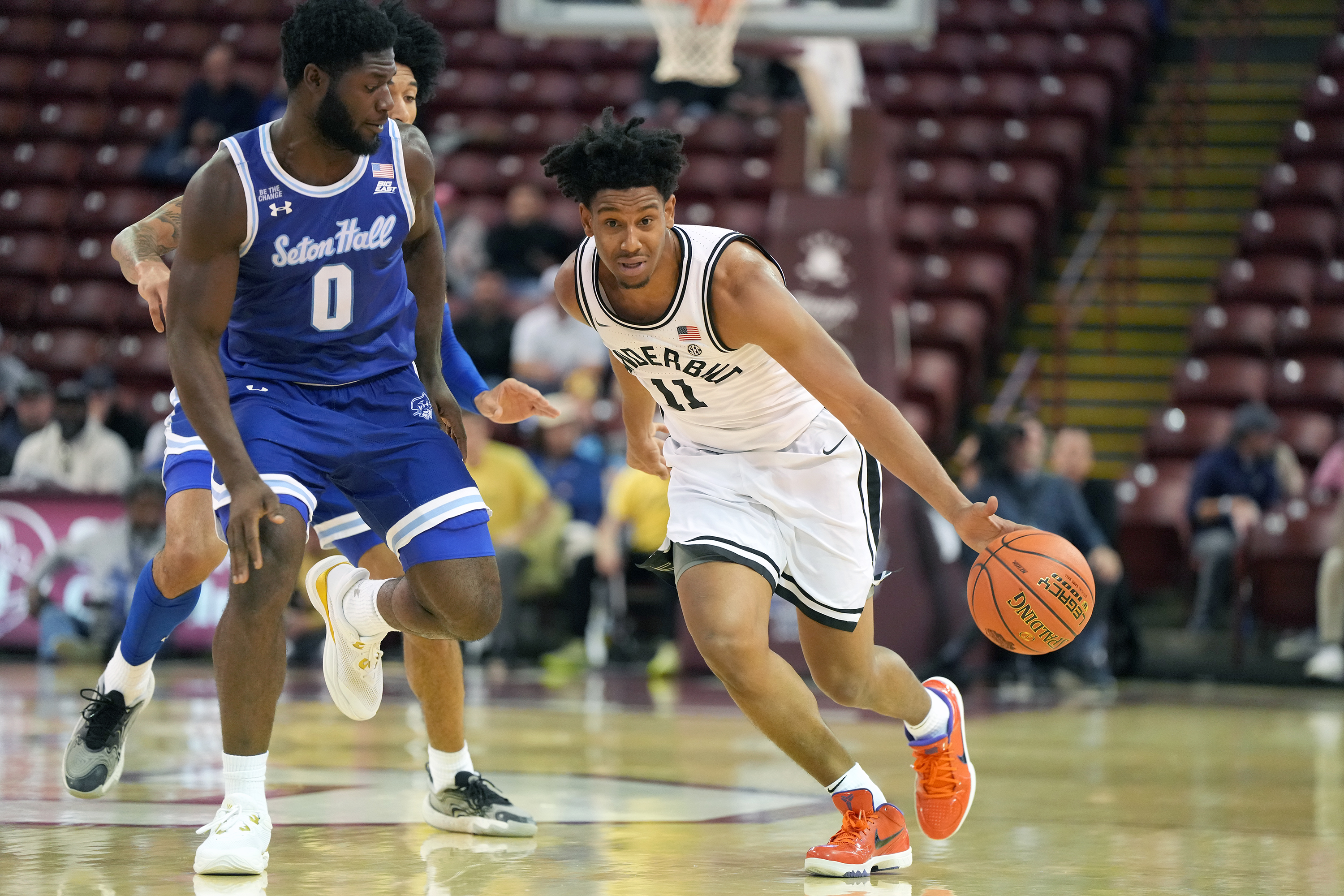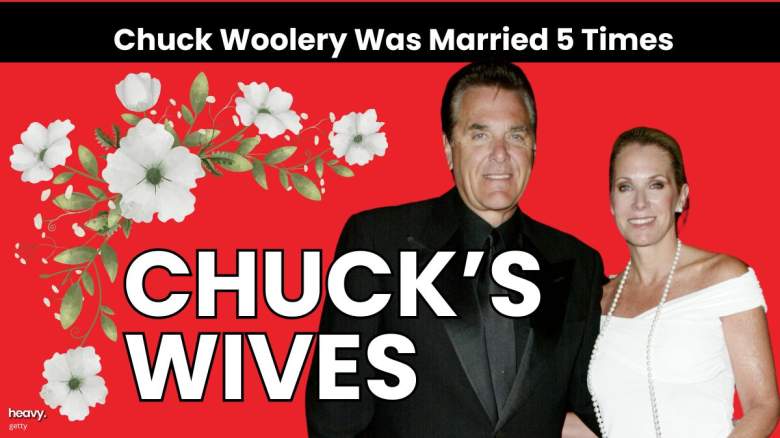A group of Republican lawyers and officials is urging federal investigations into Elon Musk's America PAC for allegedly violating election laws by offering payments to registered voters in swing states for signing a petition.
In a letter addressed to Attorney General Merrick Garland and Pennsylvania Attorney General Michelle Henry, former Justice Department officials argue that Musk's initiative to pay voters in swing states to sign a petition supporting the First and Second Amendments may constitute illegal activity under federal statutes that prohibit paying individuals to register to vote.
In the letter, obtained by The Washington Post dated October 21, 2024, the group stated, "We are aware of nothing like this in modern political history." The letter emphasizes that federal law, specifically 52 U.S.C. § 10307(c), imposes penalties of up to five years in prison for anyone who "knowingly or willfully... pays or offers to pay... for registration to vote."
"We urge you to investigate whether America PAC's payments are prohibited payments for voter registration," the letter states.
"We recognize that they are framed as payments for signing a petition, or for referring voters who sign. But many of the payments are restricted to registered voters, so anyone who wishes to get paid must first register," it adds.
Newsweek contacted Musk for comment via the X (formerly Twitter) press office, and the Attorney General via the DOJ website.
What Is the America PAC Petition?
Elon Musk's pro-Trump political action group, America PAC, has been promoting a petition that pledges support for the First and Second Amendments. The initiative is targeted exclusively at registered voters in seven swing states: Pennsylvania, Georgia, Nevada, Arizona, Michigan, Wisconsin, and North Carolina.
Participants are offered $100 for signing the petition, and an additional $100 for each registered voter they refer. The PAC has announced a daily $1 million giveaway for petition signers running from October 19 until Election Day.
On Monday, Musk took to X to announce the impact of his efforts: "New Republican voter registration last week in Pennsylvania absolutely crushed Democrat voter registration! 27.7k Rep vs 12.7k Dem, a 3X difference."

'Investigate Elon Musk's America PAC'
The letter addressed to Merrick Garland also pointed out that petitions are created to show how many people support a particular cause. But the America PAC petition seems different; it has people sign a "bland" statement saying they support the First and Second Amendments.
"And, critically, America PAC has not made the names or numbers of petition signers public–so the petition provides no demonstration of public support for even that statement," adds the letter.
The initiative has raised red flags among legal experts and former officials.
Paul Schiff Berman, Walter S. Cox Professor of Law at The George Washington University, told Newsweek: "I believe Musk's offer is likely illegal. Under 52 U.S.C. 10307(c): 'Whoever knowingly or willfully... pays or offers to pay or accepts payment either for registration to vote or for voting shall be fined not more than $10,000 or imprisoned not more than five years, or both.' His offer is only open to registered voters, so I think his offer runs afoul of this provision."
Richard Hasen, a professor at UCLA School of Law, labeled Musk's actions as "clearly illegal" in his Election Law Blog. He noted that the Department of Justice's election crimes manual includes lottery chances as items of value that cannot be offered to induce voting activities.
The letter to Attorney General Garland was signed by 11 former Republican officials, including Donald Ayer, Deputy Attorney General under President George H.W. Bush (1989-1990), Phillip Lacovara, Counsel to the Special Prosecutor, Watergate Special Prosecutor's Office (1973-1974), and John McKay, U.S. Attorney for the Western District of Washington under President George W. Bush (2001-2007).
Indicating the urgency of the matter with the presidential election in two weeks' time, the letter states: "Law enforcement agencies are appropriately reluctant to take action shortly before elections that could affect how people vote. But serious questions arising under laws that directly regulate the voting process must be an exception."
According to The Washington Post, the Department of Justice has confirmed receipt of the letter but has declined to comment on whether an investigation will be initiated.



















 English (US) ·
English (US) ·